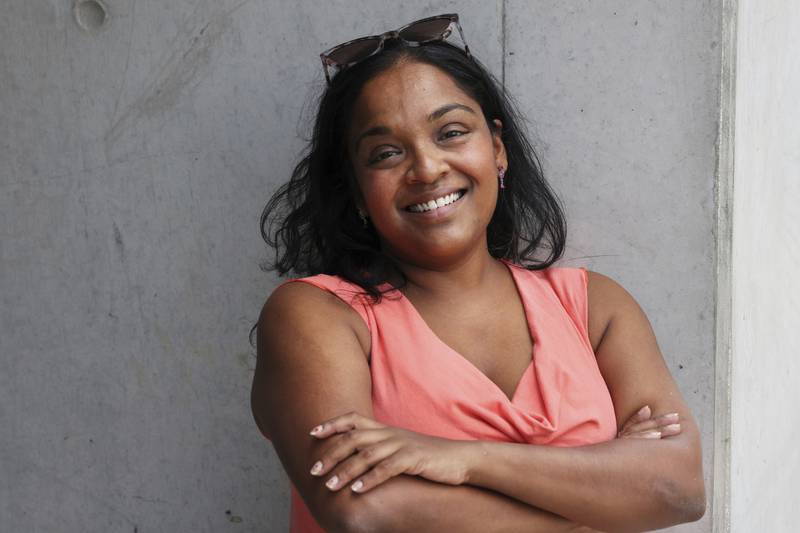Why is it so hard to find therapists who take insurance in Illinois?

Chicago Tribune, August 21, 2022, by Lisa Schencker: Meena Thiruvengadam faced a choice when her therapist stopped taking health insurance about a year ago.
She could try to find someone else who would take her insurance, or she could pay her therapist — whom she trusted and had already been seeing for years — out-of-pocket, without using insurance.
Thiruvengadam decided to pay her out-of-pocket, about $125 a session.
The tradeoff is that Thiruvengadam, who is a freelance journalist, can no longer afford weekly therapy for her depression and anxiety. Now, she sees her therapist about once a month, far less often than she’d like.
“I can start all over and relive some things I maybe don’t want to relive, or I can suck it up and pay for it,” said Thiruvengadam, of Logan Square. “This is something I shouldn’t have to pay for, but it is worth it for me to pay for this.”
Thiruvengadam’s experience is an increasingly common one in Illinois and across the country. Many mental health professionals no longer take health insurance because they say they’ve grown frustrated with insurance companies not paying them enough, taking too long to pay and making them jump through hoops to give patients the care they need.
Illinois’ largest insurance companies say they’ve worked to expand the number of mental health professionals who contract with them and keep their rates competitive. But fed-up therapists know that even without taking insurance, they can still attract patients because demand for therapy is outpacing supply. Under stress from the pandemic, the number of people seeking therapy has exploded, yet there’s a long-standing shortage of mental health workers.
The percentage of adults in the U.S. reporting symptoms of anxiety or depressive disorder shot up from about 11% before the pandemic to more than 30% in June, according to the Kaiser Family Foundation. Yet in 2018, Illinois had about 14 behavioral health care professionals per 10,000 residents — far lower than the national average of 21, according to a report from the University of Southern California Leonard D. Schaeffer Center for Health Policy & Economics.
Read more from the Chicago Tribune here.




